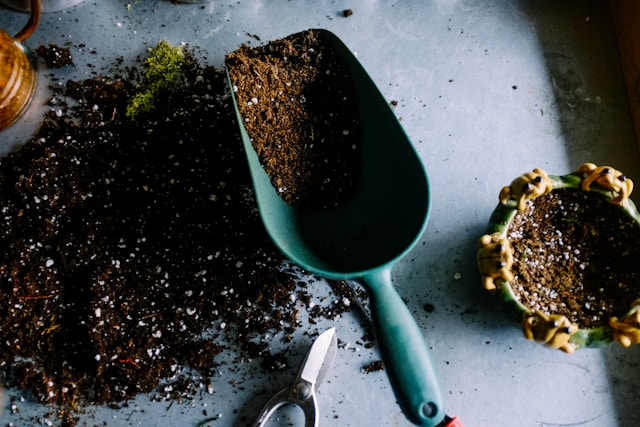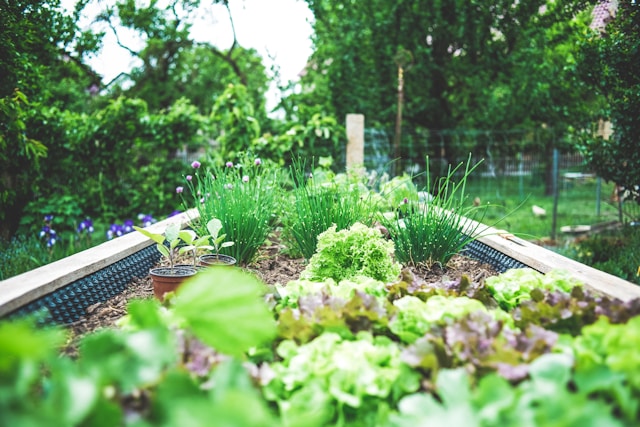Physical Address
304 North Cardinal St.
Dorchester Center, MA 02124
Physical Address
304 North Cardinal St.
Dorchester Center, MA 02124

Looking for a natural, affordable way to improve your garden? Believe it or not, chalk—a common household item—can work wonders for your plants, especially tomatoes and cucumbers. This 100% organic solution is more than just a writing tool; it’s a magical fertilizer packed with calcium and soil-enhancing properties. Here’s how chalk can elevate your gardening game and help your plants thrive.
Chalk, also known as calcium carbonate, is a natural soil amendment with three incredible benefits: it adjusts soil pH, enriches calcium levels, and improves soil structure. It’s an eco-friendly solution perfect for gardeners looking to boost plant health and productivity without relying on chemical fertilizers.
Acidic soils can hinder nutrient absorption, making it difficult for plants to thrive. Chalk’s alkaline nature neutralizes soil acidity, bringing the pH level into a more plant-friendly range. This adjustment creates an optimal environment for your tomatoes, cucumbers, and other vegetables to absorb essential nutrients and grow vigorously.
Calcium is essential for plant growth—it strengthens cell walls, supports enzyme activation, and improves nutrient uptake. By adding chalk to calcium-deficient soils, you can enhance your plants’ structural integrity, boost their disease resistance, and promote healthy fruit development.

Chalk enhances the soil’s cation exchange capacity (CEC), improving its ability to retain and transfer nutrients to plants. Additionally, calcium in chalk flocculates clay particles, reducing soil compaction and enhancing drainage, aeration, and root penetration. These improvements result in healthier, more robust plants.
Here are three simple methods to incorporate chalk into your gardening routine:
Chalk Solution Fertilizer: Crush chalk into a fine powder, mix it with water, and apply it as a liquid fertilizer. This method ensures quick nutrient absorption.
Soil Application: Sprinkle powdered chalk evenly on the soil surface and mix it in. This is ideal for enriching soil during preparation.
Slow-Release Method: Bury a piece of chalk directly in the soil near your plants. Each time you water, the chalk slowly releases calcium, providing continuous nourishment.
Opt for Powdered Chalk: It’s easier to apply evenly and doesn’t leave unsightly marks on plants.
Test Your Soil First: If your soil is already alkaline, skip the chalk to avoid over-alkalizing it.
Avoid Overuse: Excess chalk can raise soil pH too much, which may harm plants that prefer slightly acidic conditions.
Chalk is a versatile, eco-friendly material that benefits your garden in multiple ways. Whether you’re looking to adjust soil pH, enhance calcium levels, or improve soil texture, chalk offers a natural and cost-effective solution. No one can deny the benefits of chalk in the gardening.
At Sow Haven, we encourage gardeners to explore creative, sustainable methods like using chalk to keep their plants thriving. Try incorporating this magical fertilizer into your gardening routine, and watch your tomatoes and cucumbers grow like never before!